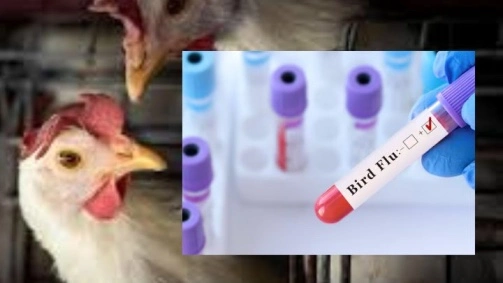AstraZeneca, the pharmaceutical giant, has announced the global withdrawal of its Covid-19 vaccine, Vaxzevria. Citing a surplus of newer vaccines, the company is voluntarily pulling back marketing authorization, primarily in the European Union (EU) with similar applications expected in other countries. This decision comes amidst ongoing legal challenges regarding rare blood clot side effects, but AstraZeneca maintains it’s a market-driven move due to declining demand.
Also Read | Indian Navy Veterans Released From Qatar: Laud PM Modi
A Vaccine with a Legacy
Developed alongside the University of Oxford, Vaxzevria (known as Covishield in India and other low- and middle-income countries) played a critical role in the global fight against the Covid-19 pandemic. Independent estimates suggest over 6.5 million lives were saved within the first year of its rollout.
AstraZeneca argues the market is saturated with newer, variant-specific vaccines. This has reduced demand for Vaxzevria, leading to the company’s decision to cease production and distribution.
How Does This Affect India?
While the EU sees a formal withdrawal process, India’s situation is different. The Serum Institute of India (SII) manufactured and distributed Covishield under license. The Indian government hasn’t procured any Covid vaccines in the past two years and doesn’t plan to in the near future. Furthermore, SII maintains a stockpile of 250 million Covishield doses, potentially sufficient for unforeseen circumstances.
Also Read | RBI issues new guidelines for the Credit Card Customers | NewStreetAsia.com
Despite assurances, the withdrawal raises questions. SII hasn’t commented on the developments, and the long-term impact on low- and middle-income countries relying on Covishield remains unclear.
Gazing Forward
The AstraZeneca withdrawal marks a shift in the Covid-19 vaccine landscape. While it doesn’t necessarily signify the end of Covishield’s relevance, it highlights the dynamic nature of vaccine technology. Moving forward, ensuring equitable access to newer vaccines and maintaining stockpiles of effective options like Covishield will be crucial in addressing future public health challenges.
About Author
This Article has been written by Ms Sayani Mondal, who is a Defense and security enthusiast with interest in geopolitical analysis and cyber threats. She is skilled researcher with a passion for applying academic knowledge to real-world national security challenges.











